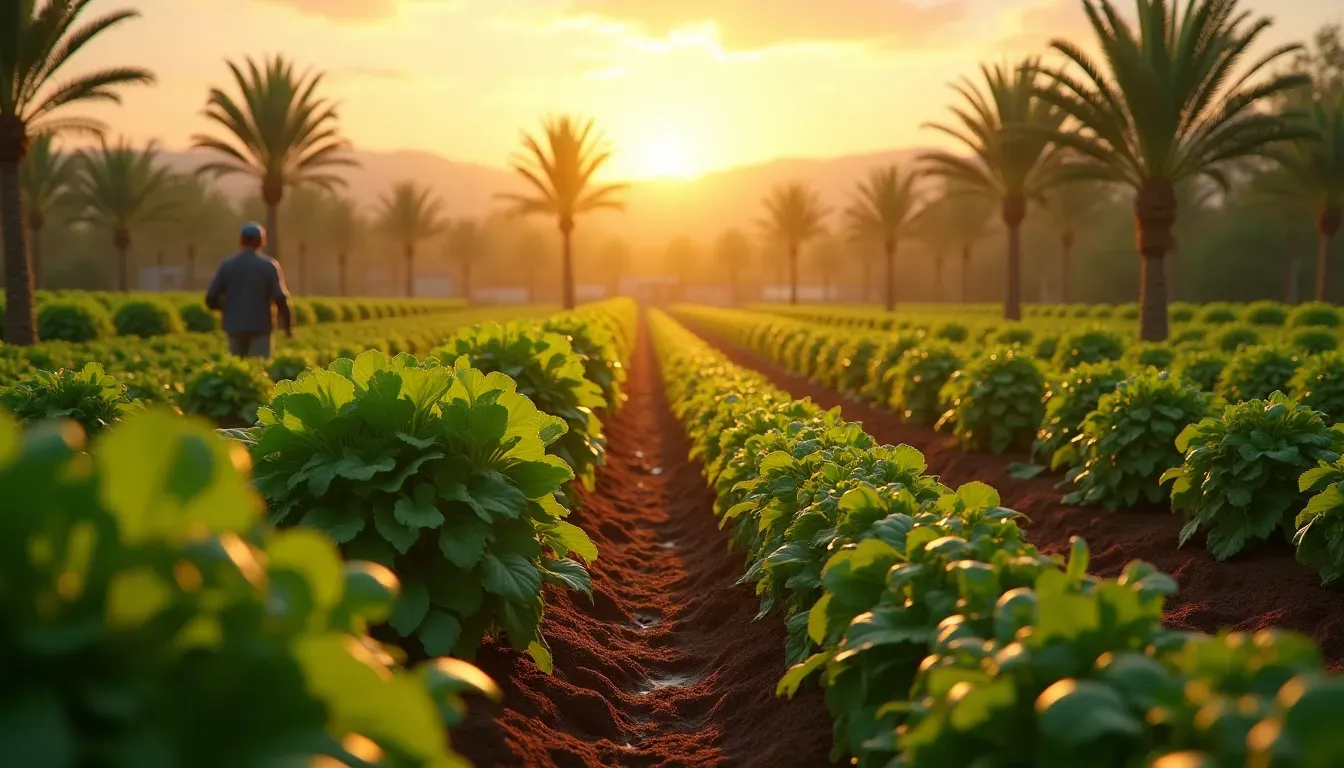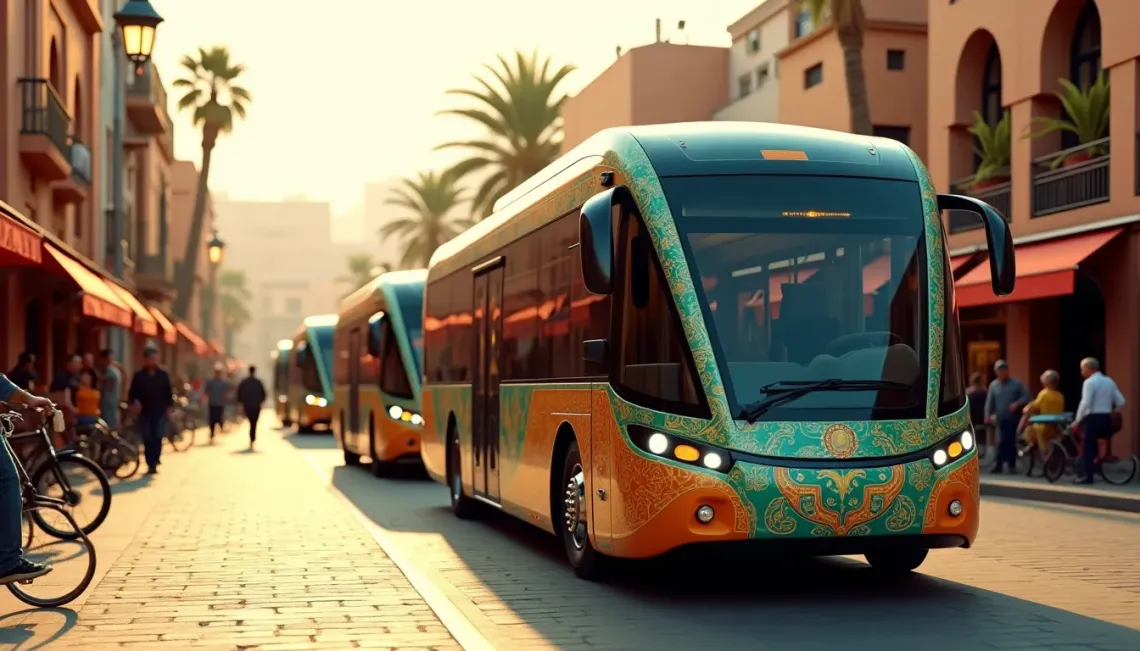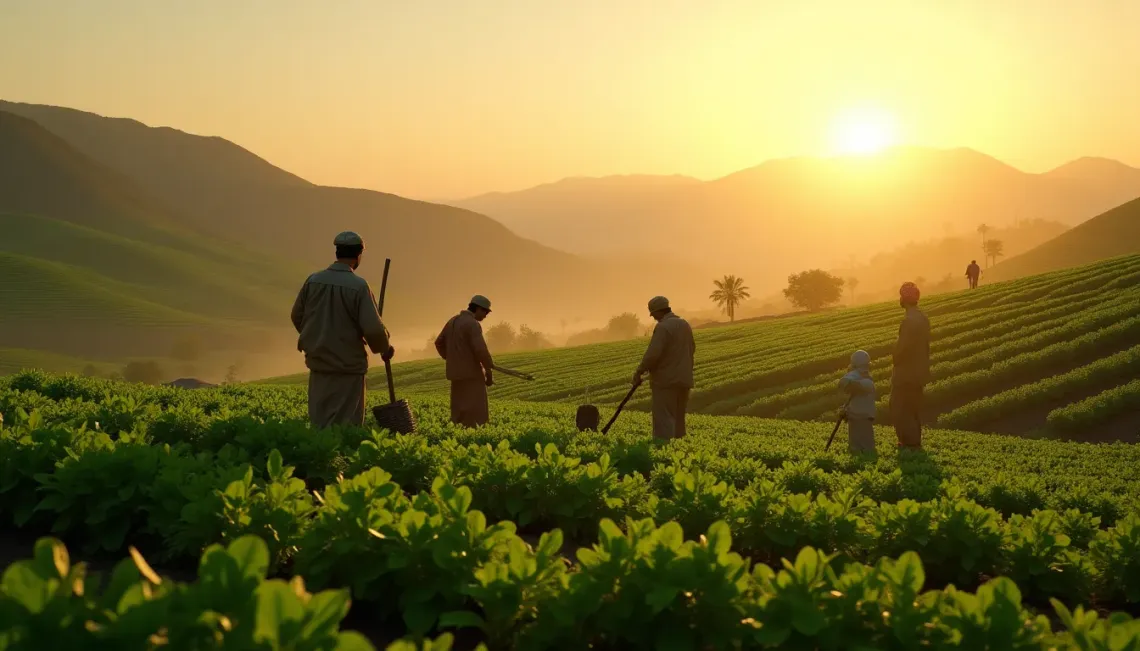In recent years, permaculture has emerged as a beacon of hope for Moroccan agriculture. This innovative approach to sustainable farming and regenerative agriculture not only promises increased food security but also ensures the preservation of the environment for future generations. As traditional agricultural practices face numerous challenges, from climate change to soil degradation, permaculture offers a viable solution.
Understanding Permaculture in the Context of Moroccan Agriculture
Permaculture is more than just a farming technique; it is a philosophy of working with nature, not against it. In Morocco, where agriculture plays a vital role in the economy, integrating permaculture principles can transform the landscape. Traditional farming practices often rely heavily on monocultures and chemical inputs, leading to depleted soils and reduced biodiversity.
The Core Principles of Sustainable Farming
At the heart of permaculture lies the integration of three fundamental ethics: care for the earth, care for people, and fair share. These principles align perfectly with the goals of Moroccan agriculture to maintain ecological balance while boosting production. Some key practices include:
- Using polycultures instead of monocultures to enhance biodiversity
- Implementing water-saving techniques like drip irrigation
- Applying natural compost to improve soil health
Regenerative Agriculture: A Pathway to Resilience
By focusing on regenerative agriculture, Morocco can rebuild its agricultural systems from the ground up. This approach not only restores soil fertility but also enhances carbon sequestration, helping mitigate the impacts of climate change. Farmers in Morocco can adopt techniques such as:
- Agroforestry, which combines trees and crops to create diverse, productive landscapes
- Cover cropping to prevent erosion and maintain soil structure
- Integrated pest management to minimize reliance on chemical pesticides
Food Security: Ensuring a Sustainable Future
The promise of permaculture extends beyond environmental benefits; it directly contributes to food security. As Moroccan farmers embrace sustainable practices, they increase local food production, reduce dependency on imports, and create resilient food systems capable of withstanding external shocks.
Internal Linking Opportunities in Moroccan Agriculture
Permaculture intersects with several other important topics within Moroccan agriculture. Exploring areas such as organic farming, water management strategies, and climate-smart agriculture can provide further insights into creating a holistic agricultural transformation in Morocco.
As Morocco stands on the brink of an agricultural revolution, embracing permaculture could truly represent a new dawn. With its focus on sustainability and resilience, permaculture offers Moroccan agriculture a pathway to prosper while safeguarding natural resources for generations to come. Through concerted efforts, the dream of a self-sufficient, regenerative agricultural landscape can become a reality, enhancing food security and environmental health across the nation.




